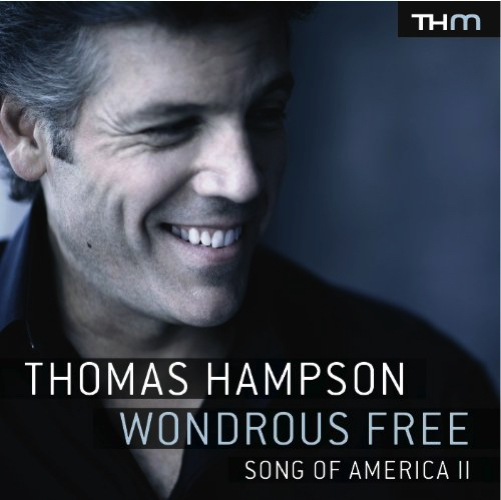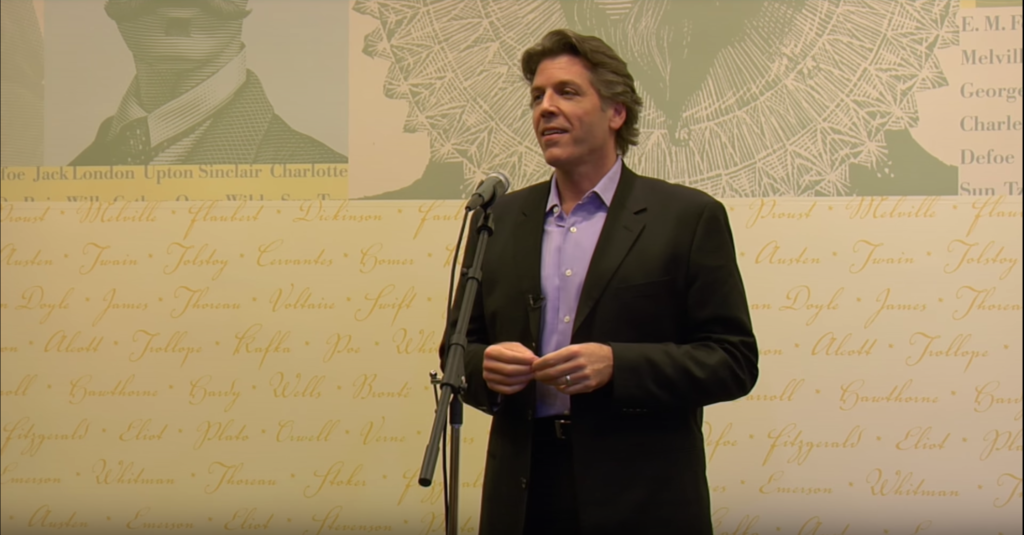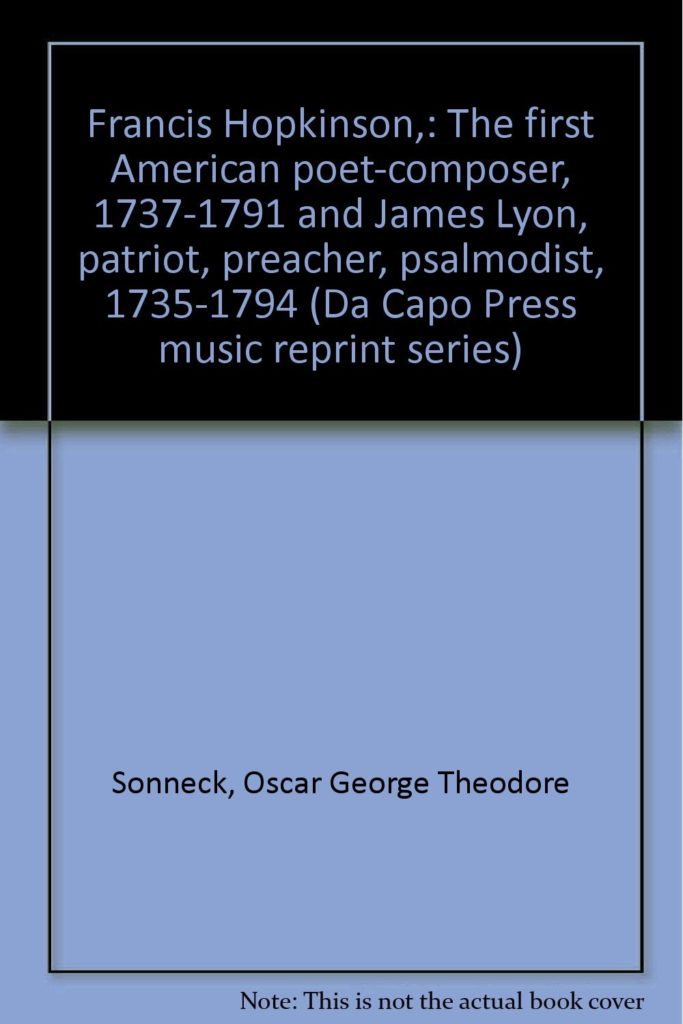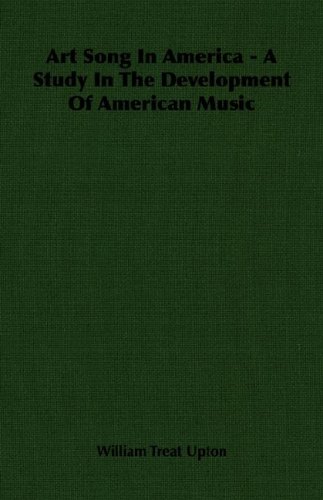Audio
Track:
About
Francis Hopkinson was a statesman as well as a musician. A graduate of the University of Pennsylvania’s first class (1757), he was admitted to the Pennsylvania bar in 1761, and at the outset of the Revolutionary War he allied himself with the patriot cause as a delegate to the Continental Congress. From 1779 until his death he served as a judge.
Balancing his life as a jurist, he was also an inventor, a scholar, an organist, a harpsichordist, and a psalmodist. He wrote essays, poetry, and pamphlets; he was skilled at design and drawing; and his inventions included a shaded candlestick and a new method of quilling a harpsichord.
Hopkinson appears to have begun his formal musical training, in the form of harpsichord lessons, at age seventeen. We do not know who his teacher was, but evidence suggests that it was James Bremner, a capable Scottish musician. While Hopkinson never became a virtuoso harpsichord player, he was a gifted amateur and gained quite a reputation among Philadelphia social circles. Hopkinson was also active in sacred music: he taught psalmody, compiled tune books for congregational singing, and substituted for his teacher Bremner as organist in Philadelphia’s Christ Church in 1770.
Hopkinson’s knowledge of the harpsichord extended to the mechanical properties of the instrument. Specifically, Hopkinson experimented with methods to improve the tone of the harpsichord, which was achieved by plucking the strings, usually with crow-quills. Hopkinson first substituted the crow-quills with metal tongues, then leather quills, and finally with velvet cork. In addition to his modifications to the harpsichord, Hopkinson also provided Benjamin Franklin’s glass harmonica with a keyboard, and invented the “Bellarmonic,” an instrument consisting of a set of steel bells.
As far as Hopkinson’s compositional activities are concerned, his earliest works appear to be an “Ode to Music” (1754), followed by his first song “My Days Have Been so Wondrous Free” (1759). This graceful little song appears in a collection of Hopkinson’s manuscripts, dated 1759-60, which is housed in the Music Division of the Library of Congress. Nearly three decades later, Hopkinson’s Seven Songs (actually eight, for the last song was added after the title page had been engraved) was published in Philadelphia; the collection was dedicated to Hopkinson’s friend, George Washington.
In addition, Hopkinson composed an anthem, psalm settings, and a number of secular pieces. He wrote an “Ode in Memory of James Bremner” (1780) and provided both the text and the musical arrangement for the “oratorical entertainment” titled America Independent or The Temple of Minerva (1781). It is not known whether The Temple of Minerva was a “dramatic cantata,” performed, as was common practice for the time, with scenery but not acted, or if the work was staged as a miniature grand opera. In any case, Hopkinson has also been considered by some scholars to be either the first American cantata composer or the first American opera composer.
Sources
–Grove Music Online
–Library of Congress Performing Arts Encyclopedia
Related Information
Songs
Videos
Recordings

Wondrous Free
(Leonard Bernstein, Paul Bowles, John Alden Carpenter, John Woods Duke, Stephen Foster, Sidney Homer, Francis Hopkinson, Charles Ives, Edward MacDowell, William Grant Still and Elinor Remick Warren)
2009
View recording
Books
Sheet Music
My Days Have Been So Wondrous Free (High Voice)
Composer(s): Francis Hopkinson
Voice Type: High
Buy via Classical Vocal ReprintsMy Days Have Been So Wondrous Free (Low Voice)
Composer(s): Francis Hopkinson
Voice Type: Low
Buy via Classical Vocal Reprints



